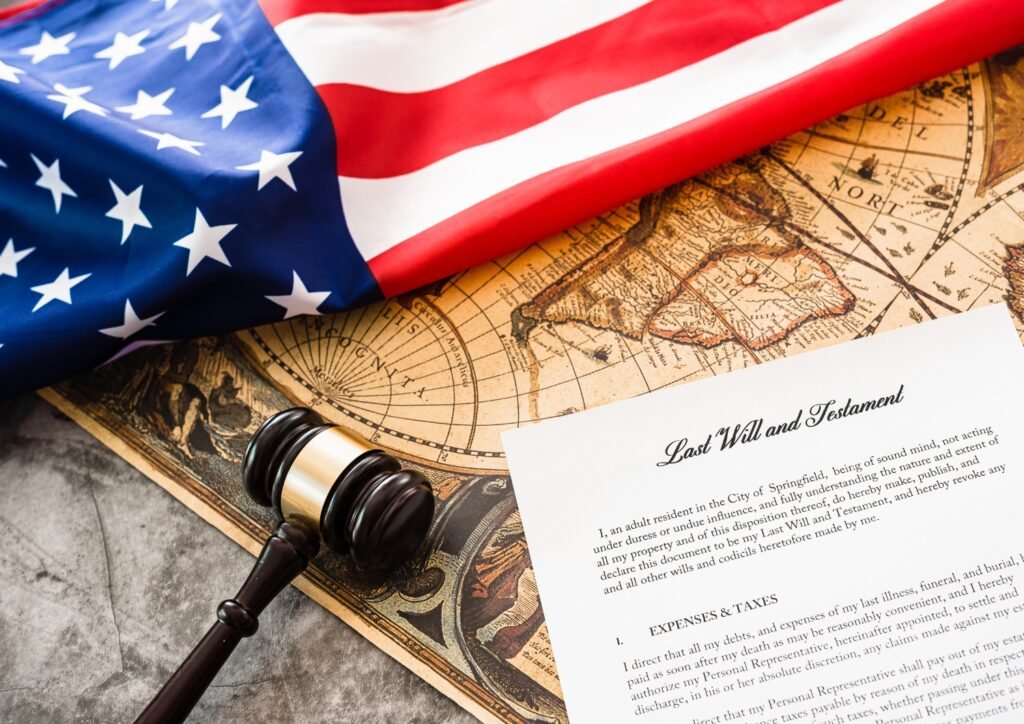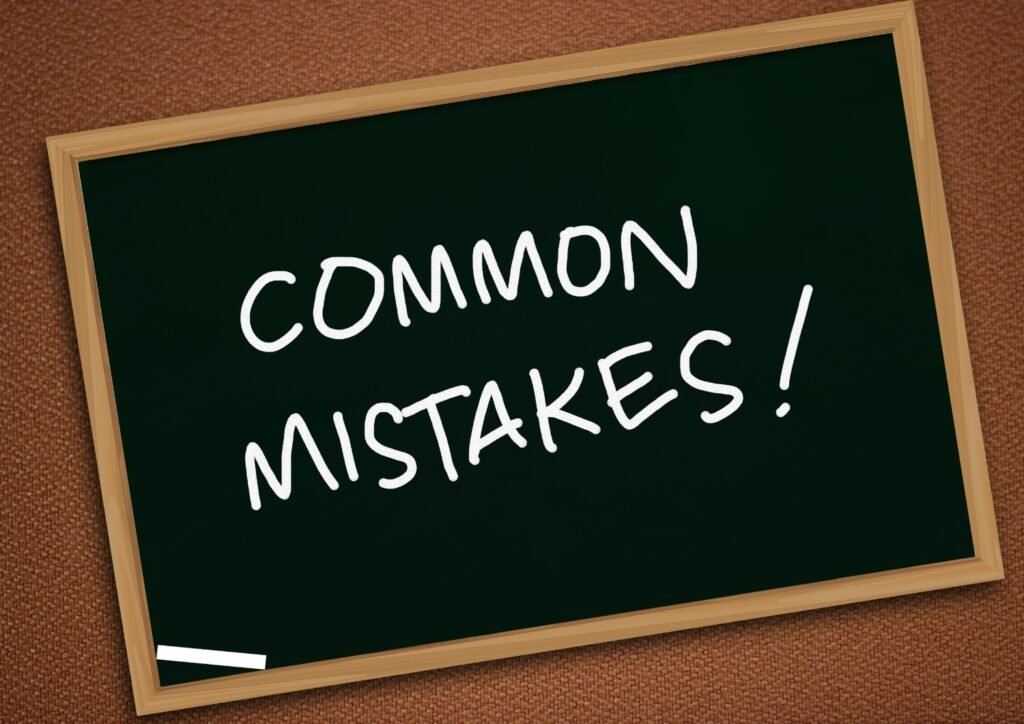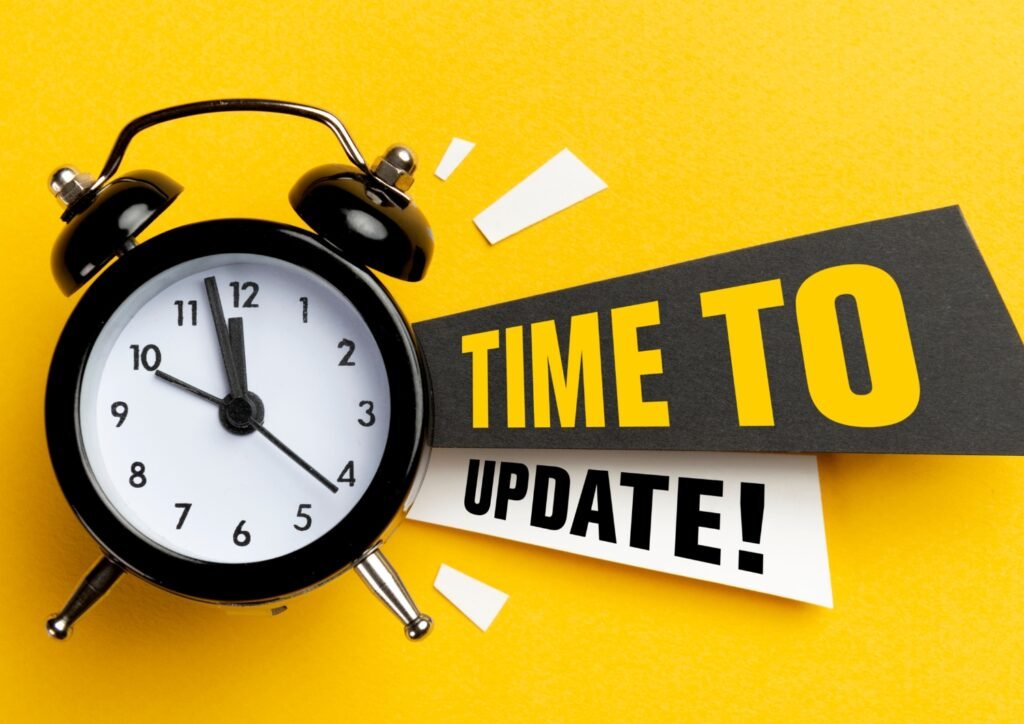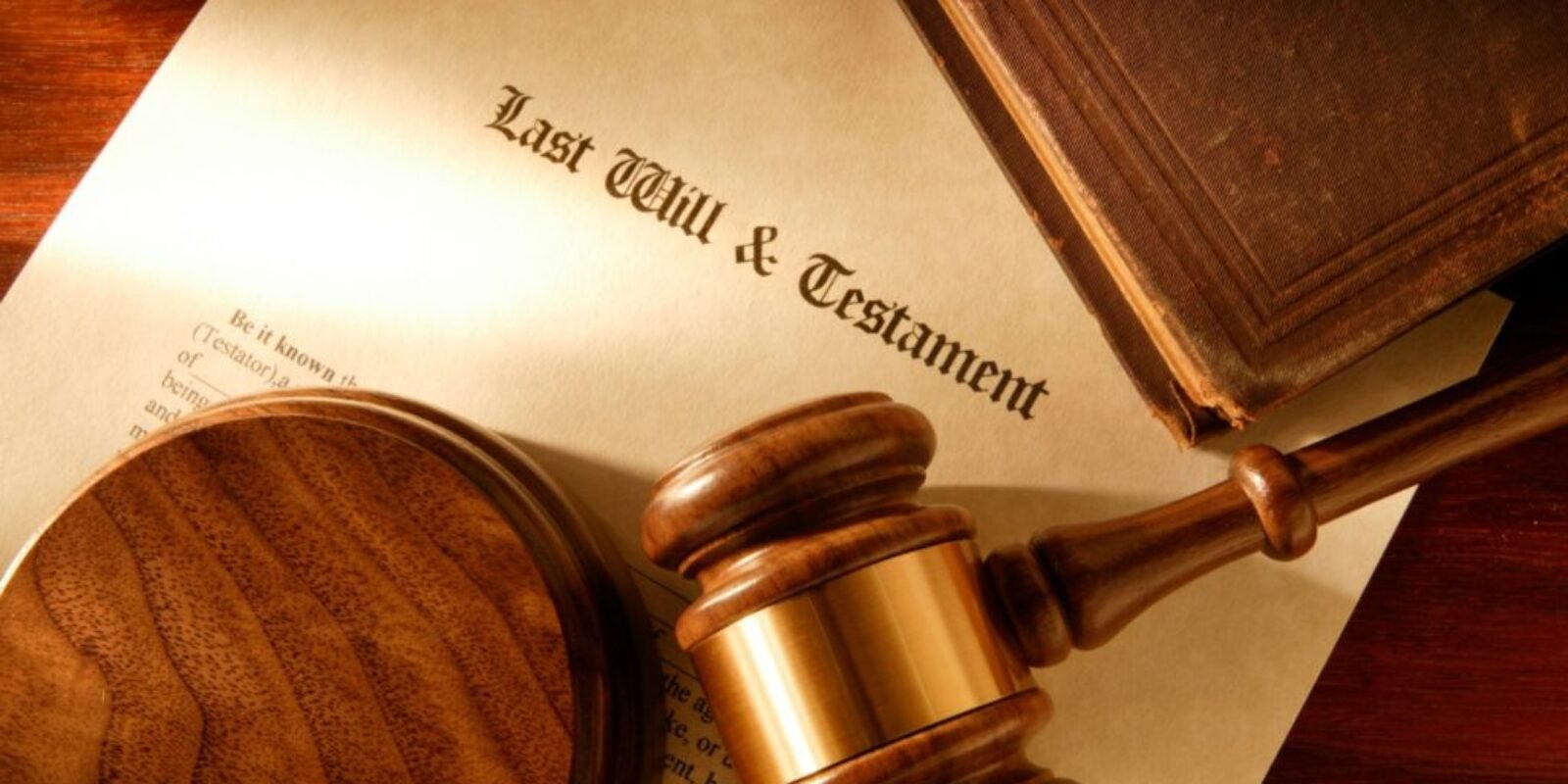Last Updated on July 2, 2025 by Rose Ann Palac
Have you ever wondered what would happen to your assets and loved ones if something unexpected occurred? Creating a will isn’t just for the wealthy—it’s one of the most important gifts you can give yourself and your family. Despite this, recent studies reveal that only 32% of Americans have an estate plan in 2024, representing a 6% decline from 2023. This comprehensive guide will walk you through why having a will is crucial, what happens without one, and how to create an effective estate plan that protects your legacy.
You’ll discover the key components every will needs, common mistakes to avoid, and practical steps to ensure your wishes are honored. Whether you’re approaching retirement or simply want to safeguard your family’s future, understanding estate planning basics can provide invaluable peace of mind and prevent costly legal complications for those you care about most.
Understanding Wills
A will is a legal document that serves as your voice when you can no longer speak for yourself. It outlines how you want your assets distributed after your death, allows you to specify who gets what, appoint guardians for minor children, and even detail your funeral arrangements. Think of it as a roadmap that guides your loved ones through one of life’s most difficult transitions.
Without a will, the state steps in to make decisions on your behalf through a process called intestate succession. This could mean your estate doesn’t go to the people you intended, and disputes among family members can arise, leading to lengthy legal battles. By having a will, you maintain control and provide clear instructions that minimize conflicts and legal hurdles.

Without a will, the state steps in to make decisions on your behalf, a process known as intestate succession. This could mean that your estate doesn’t go to the people you intended. Moreover, disputes among family members can arise, leading to lengthy legal battles. By having a will, you take control and provide clear instructions, minimizing conflicts and legal hurdles.
Prefer to listen than read?
The Global Reality: Many Adults Lack a Will
The statistics around will creation are sobering and show a troubling decline in estate planning awareness. Recent surveys indicate that only 32% of Americans have an estate plan in 2024, down from 38% in 2023. This represents millions of families who could face unnecessary stress and financial hardship during already difficult times.
Australia
In Australia, the importance of having a will is widely acknowledged, yet a significant portion of the population has not taken this essential step in estate planning. Specifically, only 59% of Australians aged between 40 and 65 have a formal will in place.
This statistic indicates that over 40% of individuals in this age group are without a will, leaving their assets and final wishes unprotected. Moreover, among those who do have wills, many have not updated them in recent years. An outdated will may not reflect current life circumstances such as marriage, divorce, the birth of children, or changes in asset ownership.
This lack of updated directives can lead to unintended asset distribution, potential legal complications, and added stress for surviving family members.
United States
The 2024 Caring.com survey reveals that 13% of people say estate planning is too expensive, 23% say they won’t ever make one, and 43% say they will wait until there’s a health crisis. This procrastination can have devastating consequences for families who are left to navigate complex legal processes while grieving.
The decline in estate planning is particularly concerning among lower-income Americans, who have seen a 16% decrease in will creation. However, there’s encouraging news among younger adults aged 18-34, who have shown a 50% increase in estate planning since 2020, recognizing the importance of protecting their growing families and assets.

Factors contributing to this trend may include procrastination, lack of awareness about the importance of a will, or discomfort with discussing end-of-life matters. The absence of a will can lead to assets being distributed according to state laws rather than personal wishes, potentially causing family disputes and financial hardship.
Canada
In Canada, the statistics reveal a notable gap in estate planning among adults. Less than one-third, approximately 30%, of Canadians report having an estate plan. When focusing specifically on wills, less than half of the population—about 48%—have a will in place.
Age disparities are significant in these figures. While a substantial 74% of Canadians aged 55 and older have a will, the numbers drop dramatically among younger age groups. Only 34% of individuals aged 35 to 54 have drafted a will, and the percentage decreases further to 30% among those aged 18 to 34. This data suggests that younger Canadians may underestimate the importance of estate planning or believe it is only necessary later in life.
However, the lack of a will at any age can lead to unintended consequences, such as assets not being distributed according to one’s wishes and increased legal complications for surviving family members.
United Kingdom
The United Kingdom faces a particularly striking situation regarding wills and estate planning. A staggering 66% of UK adults do not currently have a will in place. This means that approximately 36 million people are at risk of dying intestate, leaving the distribution of their assets subject to default legal processes rather than personal directives.
Considering that the average adult in the UK leaves behind assets worth around £48,000, the collective value of unprotected assets amounts to more than £173 billion. The absence of a will not only jeopardizes individual estates but also poses significant risks to beneficiaries who may face legal challenges and delays in asset distribution.
This situation underscores the critical need for widespread awareness and action in drafting and updating wills to ensure that personal wishes are honored and that loved ones are provided for according to individual intentions.

The Issue of Outdated Wills
Even among those who have a will, many do not update them regularly. This can lead to various complications and disagreements among family members after the individual passes away. It is crucial to review and update your will periodically to reflect any changes in your assets, beneficiaries, or wishes.
Neglecting to update your will can result in unintended consequences, such as assets going to the wrong beneficiaries or important provisions becoming outdated. By regularly reviewing and making necessary amendments to your will, you can ensure that your final wishes are accurately reflected and that your loved ones are taken care of according to your desires.
Moreover, as time goes on, your financial situation, family dynamics, and personal preferences may change. It is essential to make sure your will is up to date to avoid any confusion or conflict among your heirs. By taking the time to review and update your will regularly, you can provide clarity and peace of mind for yourself and your loved ones.
In addition to updating your will, it is also advisable to discuss your wishes with your family members and loved ones. Open communication about your estate plan can help prevent misunderstandings and disputes in the future. By keeping your will current and having open conversations with your family, you can ensure that your legacy is carried out as you intended.
The Risks of Dying Without a Will
Intestate succession occurs when a person dies without a valid will in place to dictate how their assets should be distributed. This means that state laws will step in to determine who inherits the deceased’s estate. In some cases, this distribution may not align with the deceased’s wishes or intentions. Let’s check some of them:
Family Disputes and Legal Complications
Without clear directives, family members may find themselves in disputes over inheritances, leading to:
- Inheritance conflicts: Assets distributed according to default laws often don’t reflect personal relationships or needs
- Strained relationships: Family members may feel treated unfairly, creating lasting emotional wounds
- Extended legal processes: Court proceedings can drag on for months or years, increasing costs and stress
- Uncertainty for minor children: Courts must decide guardianship without knowing your preferences
Imagine your children having to guess what you would have wanted while dealing with grief and legal complexities. A will eliminates this uncertainty and provides clear guidance during an already challenging time.

Impact on Minor Children
Without having a will, courts decide who becomes the guardian of your minor children, which may not reflect your preferences. This can lead to additional stress and uncertainty for your family during an already difficult time.
Key Components of a Valid Will
A valid will is a cornerstone of effective estate planning, serving as a legally binding document that communicates your final wishes regarding the distribution of your assets. To ensure that your will is recognized by the courts and effectively carries out your intentions, it must include specific essential elements.
These typically encompass your personal information, a clear declaration that the document is your will, and your signature, which is often required to be witnessed by others according to the laws of your jurisdiction. Below are the critical components that should be included:
Clearly List Beneficiaries
Your will should explicitly name who will receive your assets. Use full legal names and specify relationships when helpful. For example, rather than writing “my nephew,” specify “John Michael Smith, son of my sister Mary Smith.” This precision prevents confusion and potential disputes.
Consider naming contingent beneficiaries in case your primary choices predecease you. This foresight ensures your assets still go to people you care about, even if circumstances change.
Appoint an Executor
Your executor carries the significant responsibility of administering your estate, including:
- Settling outstanding debts and obligations
- Filing necessary tax returns
- Distributing assets according to your wishes
- Managing estate affairs during probate
Choose someone who is organized, trustworthy, and capable of handling financial matters. This could be a family member, close friend, or professional such as an attorney. Always discuss your decision beforehand to ensure they’re willing to serve, and consider naming an alternate executor.

Specify How You Want Your Assets Distributed
Your will should provide clear and detailed instructions on how you want your assets distributed. This includes all types of property you own, such as real estate, bank accounts, investments, personal belongings, and any sentimental items. Being specific about each asset and who should receive it helps prevent misunderstandings and disputes among your beneficiaries.
For example, rather than stating “I leave my car to my daughter,” specify “I leave my 2018 blue Honda Accord to my daughter, Emily Johnson.” If you wish to leave assets to charitable organizations, include their full legal names and addresses to ensure they are correctly identified.
Additionally, if there are conditions or purposes for which you want certain assets used—such as funds designated for a grandchild’s education—these should be explicitly stated to guide the executor and the beneficiaries.
Including key details in your will enhances its legal validity, honors your wishes, and reduces disputes during probate. A detailed will provides clarity and smooth estate administration, ensuring your intentions are followed.

Common Mistakes to Avoid
Improper Witnessing and Signing
Your signature as the testator must be witnessed by the appropriate number of people (typically two or three, depending on your state). These witnesses should be present when you sign and should not be beneficiaries or spouses of beneficiaries to avoid conflicts of interest.
Using Vague Language
Ambiguous terms can lead to disputes among beneficiaries. Be as specific as possible when describing assets and recipients. Avoid phrases like “divide equally among my children” without specifying what should be divided or how to handle situations where children have predeceased you.
Failing to Update Regularly
Life changes require will updates. Major events such as marriage, divorce, births, deaths, or significant changes in assets should prompt a review of your estate plan. Many people with wills never update them, potentially leaving outdated directives that don’t reflect current wishes or circumstances.
Choosing an Executor
Selecting the right executor is a critical component of effective estate planning. The executor is the person or entity responsible for carrying out the instructions in your will, making their role pivotal in ensuring your final wishes are honored.
Roles and Responsibilities
An executor’s duties extend far beyond simply distributing assets. They must:
- Locate and secure all assets
- Notify creditors and pay outstanding debts
- File final tax returns and pay any taxes owed
- Manage estate affairs during the potentially lengthy probate process
- Communicate with beneficiaries and the court
- Handle any disputes that arise
Given these complex responsibilities, choose someone with strong organizational skills, financial understanding, and the emotional capacity to handle potential family conflicts diplomatically.
Selecting the Right Person
Choosing the right executor involves careful consideration. You should select someone you trust implicitly and who is capable of handling the duties required. Options typically include:
- A Family Member
- A spouse, adult child, or another close relative who understands your wishes and family dynamics.
- A Close Friend
- Someone who knows you well and can act impartially in managing your estate.
- A Professional
- An attorney, accountant, or corporate trustee with experience in estate administration, which can be especially beneficial for complex estates.
It’s essential to discuss your decision with the chosen individual beforehand to ensure they are willing and able to serve as your executor. This conversation allows you to explain your wishes and provide guidance, making the process smoother when the time comes.
Consider the potential executor’s health, age, and likelihood of being available when needed. Naming an alternate executor is also a prudent step in case your primary choice is unable or unwilling to act. For large or complicated estates, or in situations where family conflict is a concern, appointing a professional executor may be the best course of action to ensure impartiality and expertise.
By thoughtfully selecting your executor and clearly outlining their responsibilities in your will, you help ensure that your estate is managed effectively and your assets are distributed according to your wishes.

Updating and Revising Your Will: Life Events That Necessitate Changes
Major life events such as:
- Marriage or divorce.
- Birth of a child.
- Significant financial changes.
These are good reasons to update your will. Regular reviews ensure that your will reflects your current wishes and circumstances. Even without major life changes, it’s wise to review your will every few years.
Laws can change, and periodic reviews help you stay compliant and make adjustments as needed. Remember, 69% of people with wills have never updated them, potentially leading to outdated directives.
Tax Implications
Minimizing Estate Taxes. Proper estate planning can help reduce the tax burden on your estate, preserving more assets for your beneficiaries. Strategies include:
- Setting up trusts.
- Making charitable donations.
Working with financial advisors and attorneys can help you employ legal methods to protect your assets from excessive taxation and creditors, ensuring your estate is distributed as you intend.
The Role of Professional Advice
An estate attorney can guide you through the complexities of drafting a will, ensuring it meets all legal requirements. Their expertise can prevent costly mistakes and provide peace of mind.Financial planners can offer insights into how your estate fits into your overall financial goals. They can help with investment strategies that align with your estate planning objectives.
Conclusion
In the grand scheme of life, having a will might seem like a task that can wait. However, the peace of mind it offers is invaluable. By taking control of your estate planning, you ensure that your assets are distributed according to your wishes, your loved ones are cared for, and potential conflicts are minimized. Don’t leave your legacy to chance—take the essential step of drafting your will today.
Disclaimer
The content provided on MySeniors.World is for informational purposes only and is not intended as either financial or medical advice. Always consult a qualified professional before making any investment or health-related decisions.
Posts may contain affiliate links, meaning we earn a commission – at no additional cost to you, if you click through and make a purchase. Your support helps us continue providing valuable content.
FAQ: Importance of Having a Will
- Do I need a lawyer to create a valid will?
- While you can create a basic will using online tools or forms, working with an estate attorney ensures your will meets all legal requirements for your state and addresses your specific circumstances. For complex estates or family situations, professional guidance is highly recommended.
- How often should I update my will?
- Review your will every 3-5 years or after major life events such as marriage, divorce, births, deaths, or significant changes in your financial situation. Regular reviews ensure your will continues to reflect your current wishes.
- What happens if I move to a different state after creating my will?
- Most states recognize wills created in other states, but different states have varying laws about estate planning. When you relocate, have your will reviewed by an attorney in your new state to ensure it remains valid and effective.
- Can I handwrite my will instead of having it typed?
- Some states accept handwritten (holographic) wills, but they often have strict requirements and can be more easily challenged in court. A properly witnessed, typed will is generally more reliable and legally secure.
- Who should I choose as witnesses for my will?
- Choose witnesses who are adults, mentally competent, and not beneficiaries of your will or spouses of beneficiaries. Many states require two witnesses, while some require three. Your witnesses should be people you can easily contact if needed.
- What’s the difference between a will and a living trust?
- A will takes effect after you die and goes through probate court, while a living trust can manage your assets during your lifetime and after death, often avoiding probate. Trusts are typically more complex and expensive to create but can offer benefits for larger estates.
- How much does it cost to create a will?
- Costs vary widely depending on your location and estate complexity. Simple online wills might cost $50-200, while attorney-drafted wills typically range from $300-1,500. Complex estates may cost more, but this investment protects much larger values for your beneficiaries.
References
- Financial Sense. (2024). Alarming Estate Planning Statistics. Retrieved from https://www.financialsense.com/blog/21022/alarming-estate-planning-statistics
- National Law Review. (2024). 2024 Year-End Estate Planning: Important Planning Considerations for 2024 and 2025. Retrieved from https://natlawreview.com/article/2024-year-end-estate-planning-important-planning-considerations-2024-and-2025
- Caring.com. (2025). 2025 Wills and Estate Planning Study. Retrieved from https://www.caring.com/caregivers/estate-planning/wills-survey/
- Trust & Will. (2024). Post-Pandemic Attitudes on Estate Planning. Retrieved from https://trustandwill.com/learn/2024-estate-planning-trends
- Wills, Quills, & Sundries. (2024). Insights from Caring.com’s 2024 Wills Survey. Retrieved from https://willsqs.com/insights-from-caring-coms-2024-wills-survey/



